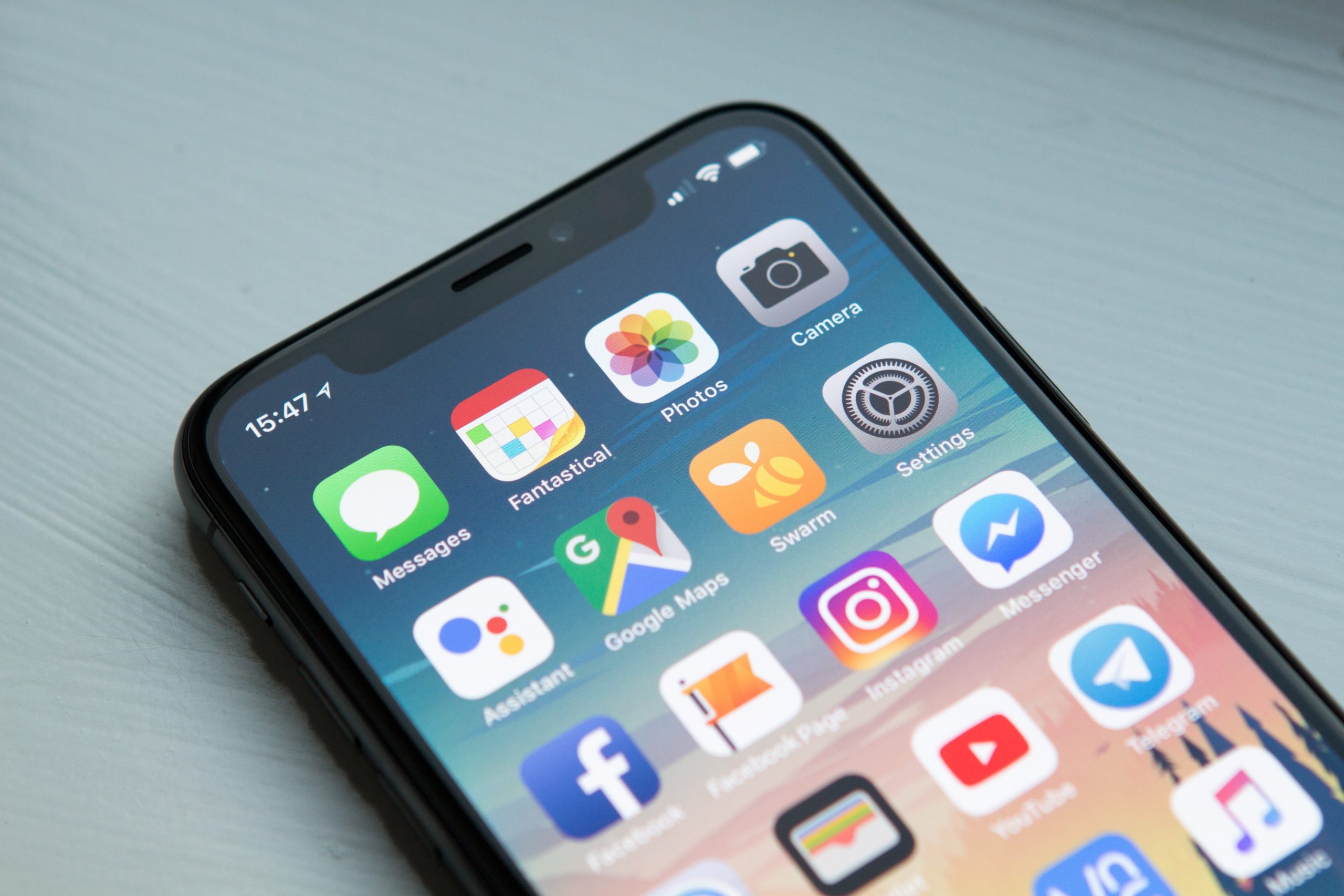These days there seem to be apps for almost everything, covering everything from buying takeaway food to providing alerts of sightings of the northern lights, which were recently so bright they could even be seen down in West Sussex.
Given how many different kinds of apps there are out there, it may come as no surprise to learn that they now exist as a means of boosting mental health. In an age when smartphones can access so much that may be unhelpful to mental wellbeing via social media, the same devices could also be used in a more positive way.
Helping The Unhappy Get Appy
A full collection of mental health apps has now been made available by NHS Dorset, the BBC reports. These are aimed at young people and are located in a virtual library.
Among them are Move Mood, which is designed to help those with low mood; Calm Harm and DistrACT, which are both designed to help stop young people from self-harming; Clear Fear, which targets anxiety; and two apps aimed at providing community support – Combined Minds, which supports friends and family to help sufferers, and peer-to-peer app Tellmi.
Project manager Christian Telfer, from NHS Dorset, told the BBC the apps had been carefully selected among many different available options. He said: “These apps are what we consider to be the best out there and relegate the ones with less evidence.”
Similarly, Michael Pagan of Public Health Dorset said: “safe, high-quality, and diverse solutions to support their self-care and wellbeing”. The apps were chosen by the Organisation for the Review of Care and Health Apps.
The Treatment Limitations Of Apps
Young people struggling with mental health issues may wonder what role these can play in tackling serious issues. Mr Telfer himself highlighted that these are not designed to replace therapy or other treatments for mental conditions, commenting: “They are intended for people either to stop needing help or to complement healthcare treatment.”
Indeed, while therapy rooms can be safe environments in which those struggling with mental health issues can see experts who can identify problems and aid sufferers in finding solutions, trying to solve an issue through an app alone is unwise, according to the chief executive of mental health charity Sane, Marjorie Wallace.
She explained: that while such apps can be “useful”, there is always a peril that someone may self-diagnose themselves inaccurately and then go on to accept a treatment that is not beneficial to them.
“Our experience with those who contact us is that self-diagnosis and self-management techniques do not always reach the layers of their inner mental pain and can leave them feeling even more unsafe and alone,” Ms Wallace warned.
The Demographic Limitations Of Apps
Another reason the benefits of the apps will be limited is precisely that they are aimed at younger people, many of whom would be too young to be visiting a counsellor on their own. Therefore, the apps most helpful to people in older age groups would not be found in the Dorset NHS library.
Indeed, while the mental health of young people is often described as being in crisis, there is evidence that many of the groups suffering most are much older.
For example, the newly-published Scottish Health Survey has identified those aged between 45 and 54 had the worst mental health on average, even though young people were hit worst by increased feelings of loneliness, a significant contributory factor to an overall decline in mental health.
The survey saw the worst overall mental health rating for the average Scot since the survey began and while it only dates back as far as 2008, the Warwick-Edinburgh Mental Wellbeing Scale score of 47 was a record low and the years since 2019 have seen a clear downward trend after the levels were static at around 50 up until 2019.
Although these findings only apply to Scotland, they may change the narrative somewhat after years of mental health data being dominated by assessments of the impact of Covid.
Post-Pandemic Mental Health Demographics
Government research showed that younger people undoubtedly suffered more during the pandemic, especially in the areas of depression, anxiety and the wish to self-harm, but evidence like the Scottish Wellbeing Survey suggests this may not be the post-pandemic pattern.
This is relevant to the question of app use because it is Millennials and Generation Z who use them most, so any strategy to tackle mental health issues must consider that their use is limited, both to those who don’t need or have already had therapy, and to younger groups.
Becoming app-reliant could exclude older people who are less familiar with the technology as well as denying them levels of help that apps cannot offer. Technology has its uses, but nothing will take the place of one-to-one therapy.

